

EU Migration Pact Passed in Parliament—But Strong Opposition Remains
Eurocrats want law approved by European Council before Hungary takes over presidency.


Eurocrats want law approved by European Council before Hungary takes over presidency.
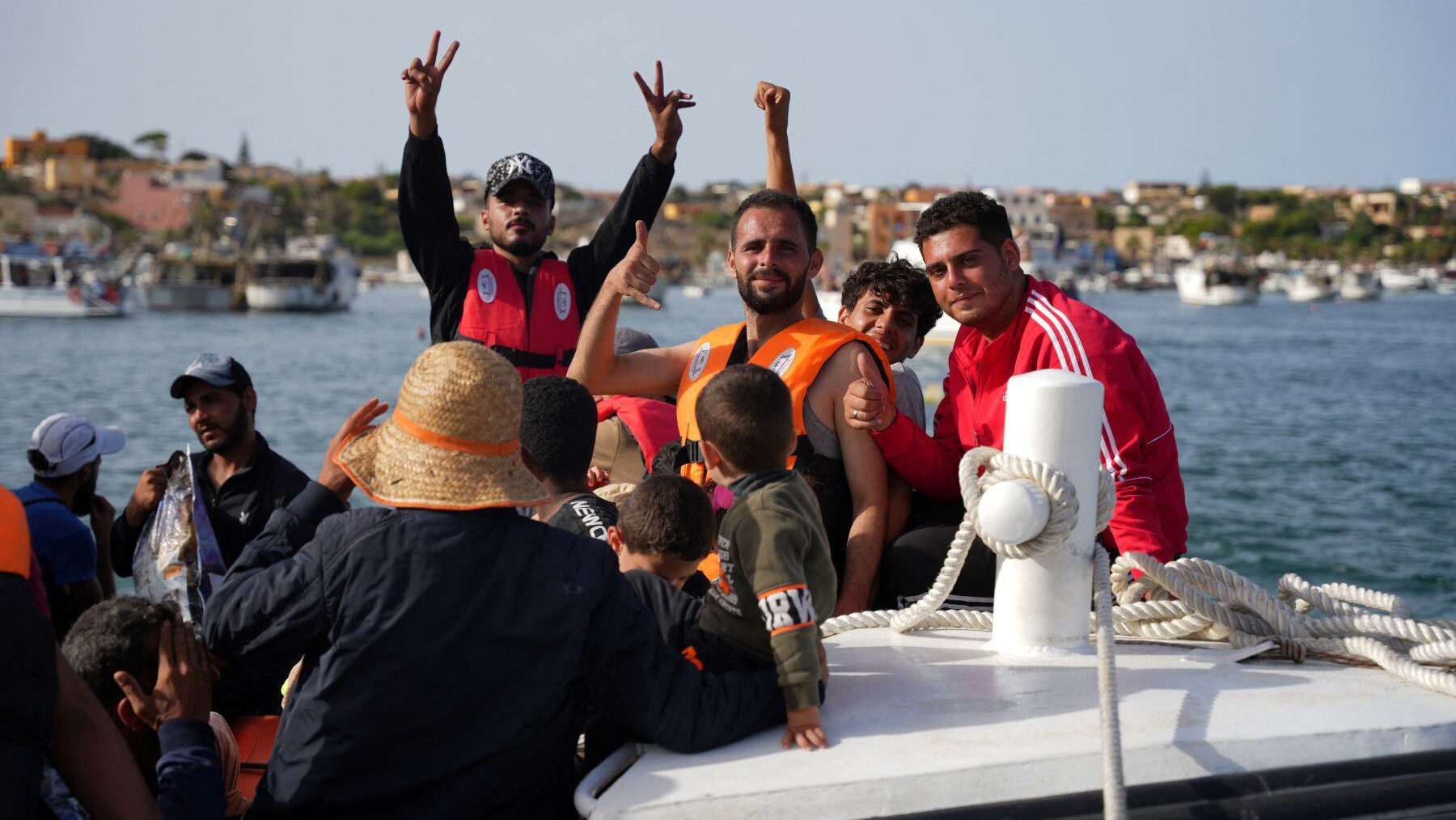

“Take in your share of migrants or pay” scheme will do nothing but increase human smuggling and illegal migration.
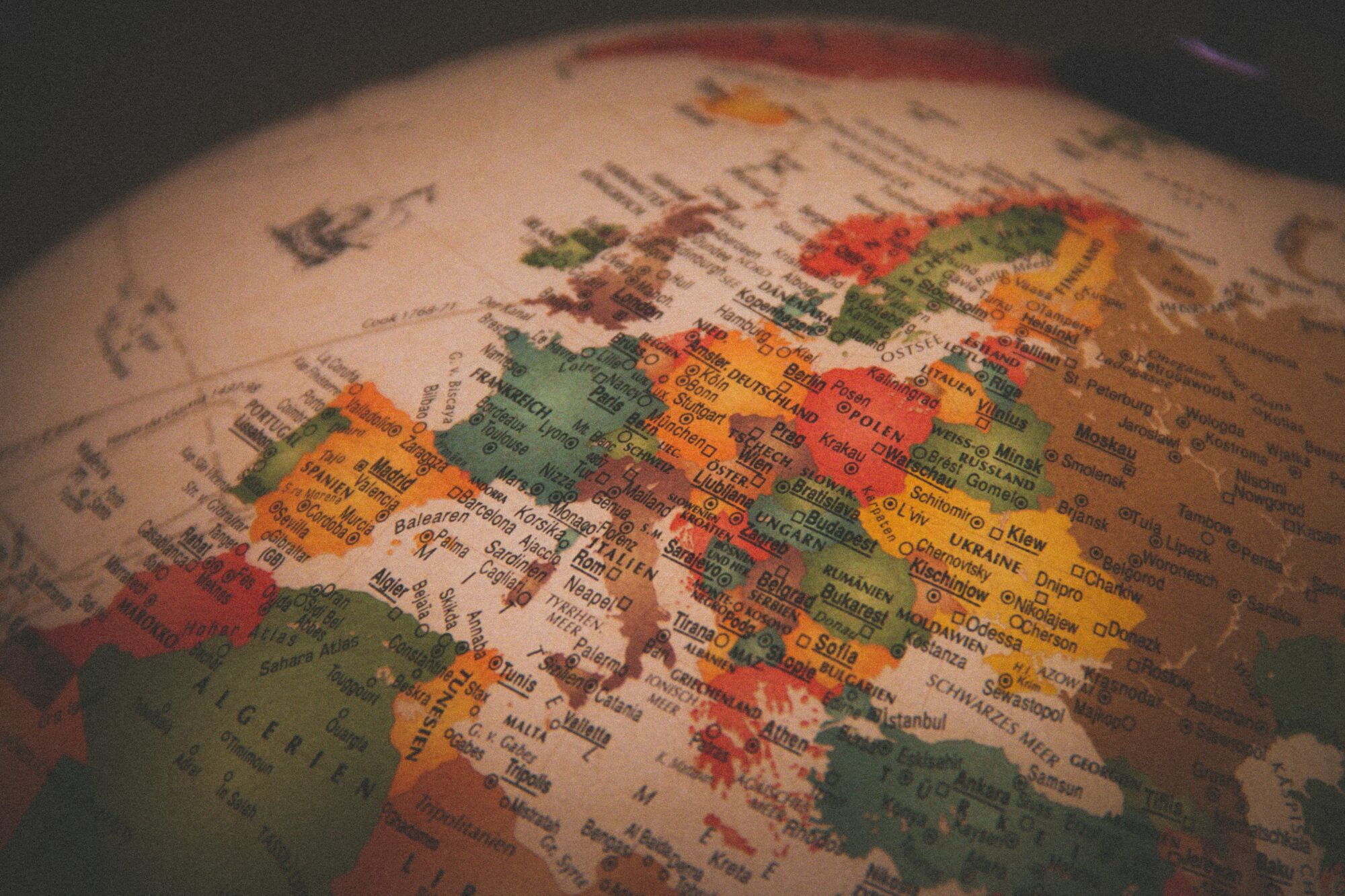

The best way to be European is to be Spanish, German, Italian, or whatever nationality one is.
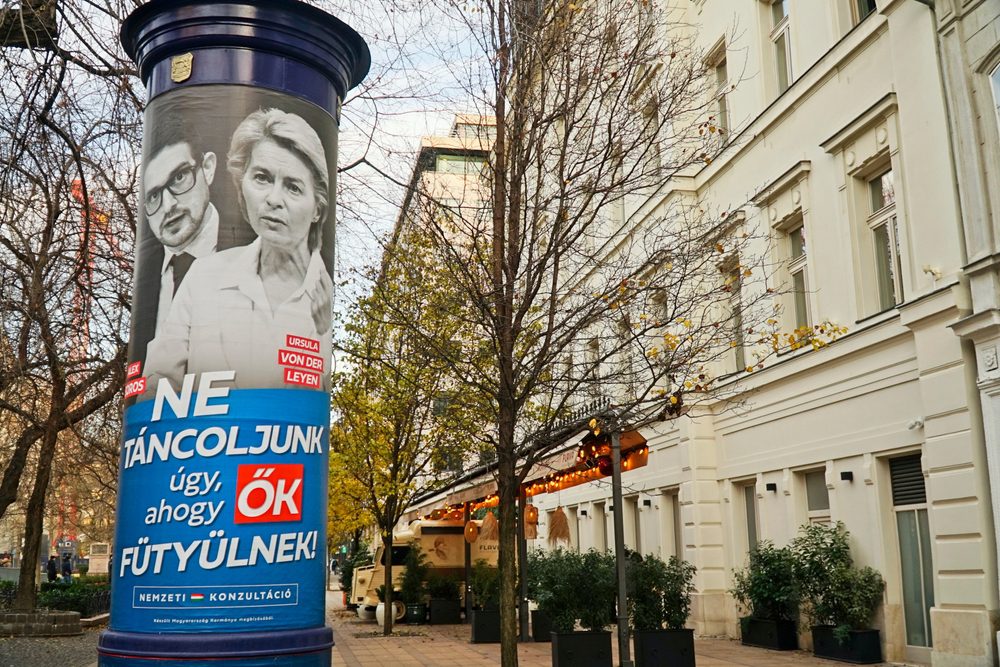

Brussels’ claim that the law violates freedom of expression is just a pretext for another violation of Hungarian sovereignty.
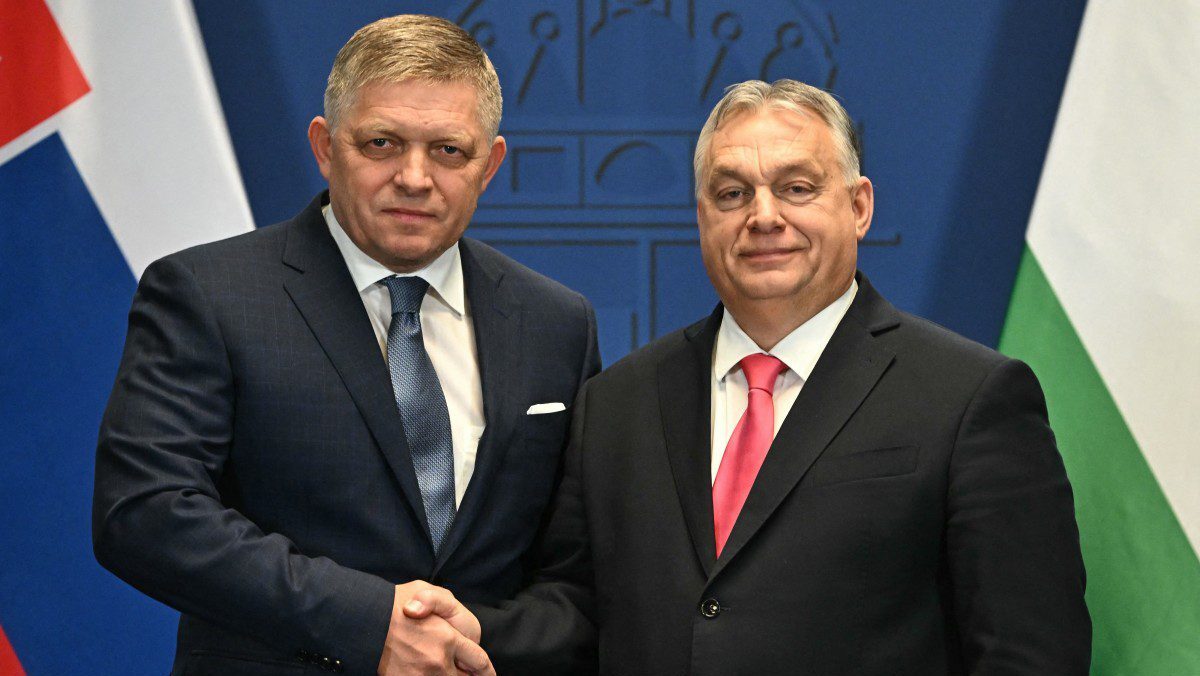

New Slovak PM Robert Fico has promised to stand by Hungary.


The EU hints that it wants to get involved in health care funding. If it does, it could disrupt national health care models and grow government at the expense of other ways to pay for medical services.


In a nefarious attempt to grab power, the EU keeps pushing for its own tax revenue—and to be allowed to spend a lot more money.
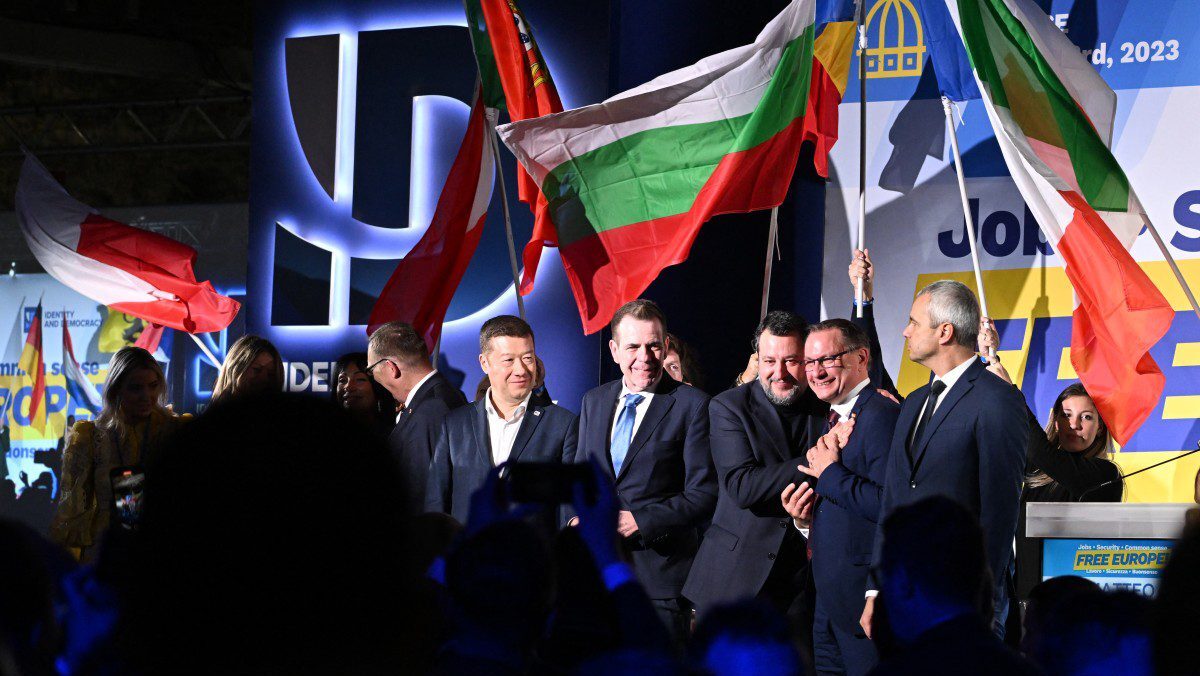

Hosted by Salvini’s Lega party, the ID Group’s convention gathered a thousand members from 14 conservative parties in Florence—an ideal place to kickstart Europe’s new right-wing Renaissance.


The four military powers want to ensure the European Commission won’t violate their sovereignty while trying to create Europe’s military-industrial complex.
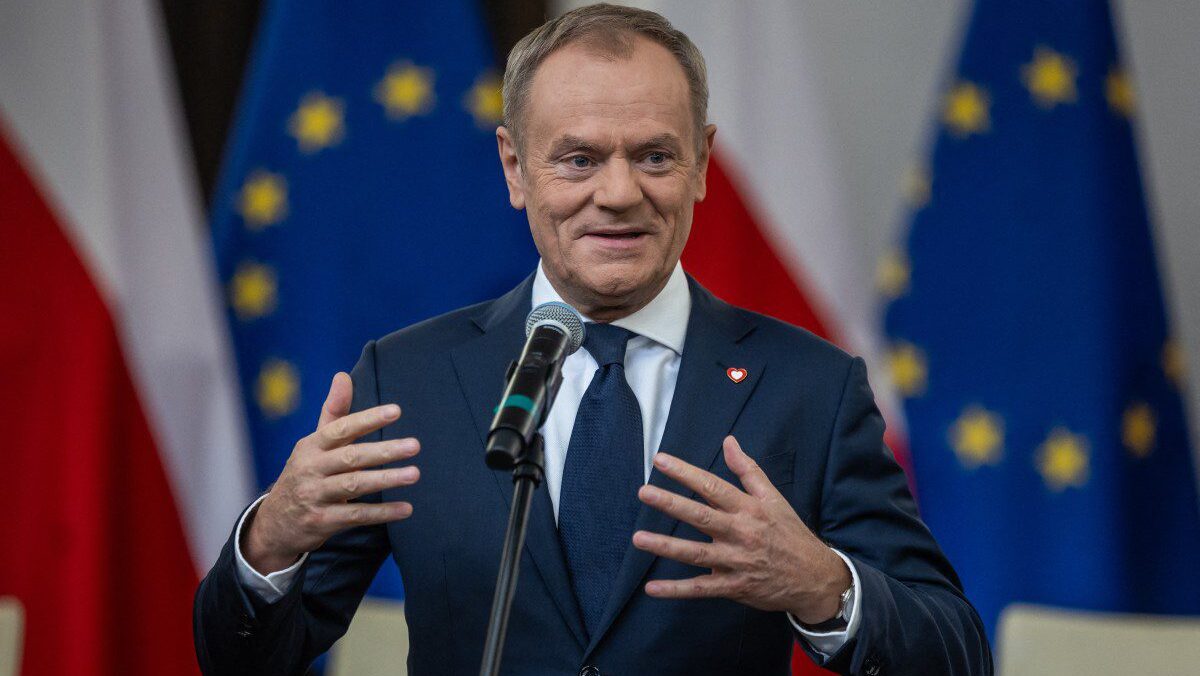

Tusk has publicly referred to the plans as “stupid” and declared that almost all MEPs in the Polish delegation would oppose the federalist push on the grounds of national sovereignty.
To submit a pitch for consideration:
submissions@
For subscription inquiries:
subscriptions@